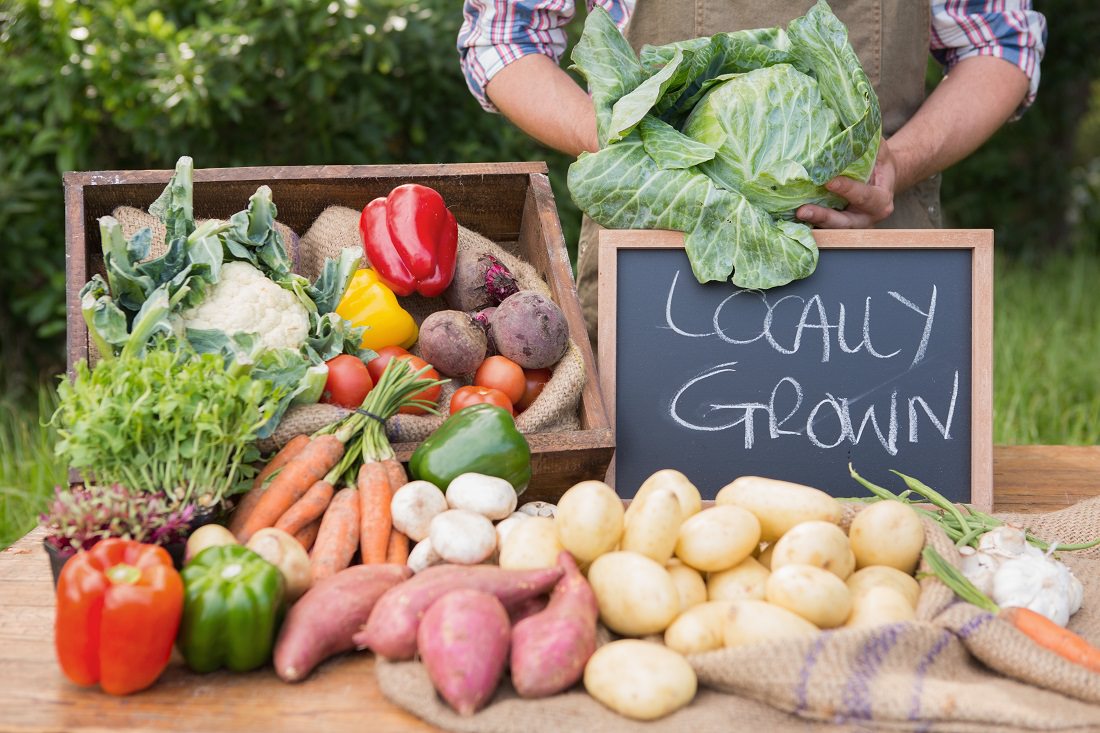
"Where did this come from? The origin of a product, or provenance, used to be the first question that consumers asked. Shoppers used to know which dairy produced their milk and which farmer grew their vegetables. But in the complicated world of modern marketing, food and other products carry so many labels it's hard to know which ones to care about."
"While the 2008 Carnegie Mellon University study found that transporting food to market generated only 4 percent of food's climate impact, recent comprehensive research published in Nature Food in 2022 presents a more nuanced picture. This landmark study found that when considering the entire upstream food supply chain, including transport of fertilizers, machinery, and animal feed, the impact of total global food-miles nets out to about 3.0 gigatonnes of CO2eq emissions annually, or for approximately 19% of food-system emissions."
Consumers historically prioritized provenance and knew which farms or dairies produced their food, but modern marketing and abundant labels obscure origin information. A 2023 survey shows Americans rate "locally sourced," "small business/locally owned," and "made in America" as somewhat important, yet labeling and hidden reports limit consumer action. Earlier research minimized transport's share of food emissions, while a comprehensive 2022 Nature Food study found upstream food-miles account for about 3.0 gigatonnes CO2eq annually, roughly 19% of food-system emissions. Road transport supplies most food transport emissions, making most food-miles domestic rather than international.
Read at Earth911
Unable to calculate read time
Collection
[
|
...
]